Cell Reproduction -> microorganism
Microorganisms
Microorganisms are tiny living organisms that are too small to be seen with the naked eye. They are found everywhere on Earth, including in the air, water, soil, and even inside the human body. Microorganisms play a crucial role in various ecological processes and have a significant impact on human life.
Types of Microorganisms
There are several types of microorganisms, including:
- Bacteria: Single-celled organisms that can be found in various environments.
- Viruses: Small infectious agents that can only replicate inside the cells of other organisms.
- Fungi: Eukaryotic organisms that include yeasts, molds, and mushrooms.
- Protozoa: Single-celled eukaryotic organisms that are often found in water and soil.
- Algae: Photosynthetic organisms that can be found in aquatic environments.
Importance of Microorganisms
Microorganisms play a crucial role in various ecological processes, including:
- Decomposition: Microorganisms help break down organic matter, recycling nutrients back into the environment.
- Food production: Certain microorganisms are used in food production processes such as fermentation and cheese-making.
- Medicine: Microorganisms have been used to produce antibiotics and other medications.
- Environmental cleanup: Some microorganisms are used to clean up pollution and environmental contaminants.
Study Guide
Here are some key points to focus on when studying microorganisms:
- What are microorganisms and where are they found?
- Describe the different types of microorganisms and their characteristics.
- Explain the importance of microorganisms in ecological processes.
- Give examples of how microorganisms are used in food production and medicine.
- Discuss the role of microorganisms in environmental cleanup.
Understanding microorganisms is essential for comprehending various biological and ecological processes. Be sure to review these key points and explore additional resources to deepen your understanding of this fascinating topic!
[Microorganism] Related Worksheets and Study Guides:
.◂Science Worksheets and Study Guides Seventh Grade. Cell Reproduction
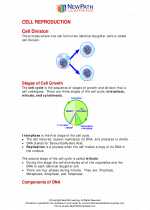
 Activity Lesson
Activity Lesson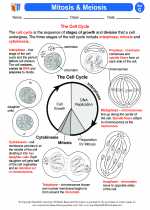
 Worksheet/Answer key
Worksheet/Answer key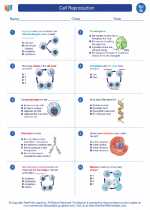
 Worksheet/Answer key
Worksheet/Answer key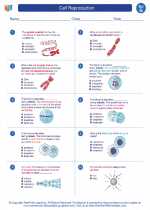
 Worksheet/Answer key
Worksheet/Answer key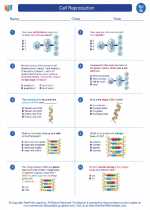
 Vocabulary/Answer key
Vocabulary/Answer key
 Vocabulary/Answer key
Vocabulary/Answer key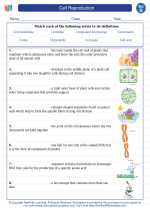
 Vocabulary/Answer key
Vocabulary/Answer key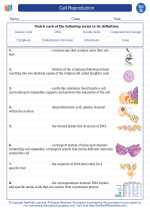
 Vocabulary/Answer key
Vocabulary/Answer key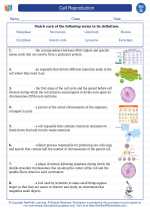
 Vocabulary/Answer key
Vocabulary/Answer key
 Vocabulary/Answer key
Vocabulary/Answer key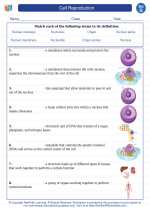
 Vocabulary/Answer key
Vocabulary/Answer key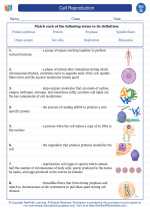
 Vocabulary/Answer key
Vocabulary/Answer key
